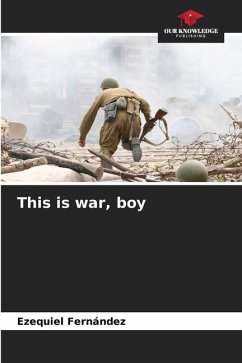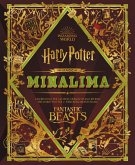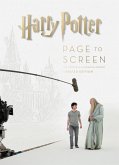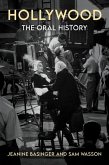The Malvinas War has been approached inconsistently in Argentine cinema. War films have been resistant to being worked on by films about the Malvinas. The problems of articulation with the genre date back to the first films and continue to the present day. Through the analysis of Los chicos de la guerra (1984, Bebe Kamín), the short film Guarisove, los olvidados (1995, Bruno Stagnaro) and the film Iluminados por el fuego (2005, Tristán Bauer), a journey is made through the problems that fiction films had to deal with the conflict from the perspective of war cinema. At the same time, it delves into the problems of the documentary in looking at the war and seeks to trace common points with British cinema based on the film Tumbledown (1988, Richard Eyre). Argentinean cinema owes itself a film that portrays the Malvinas War from an epic perspective, appealing to the resources of the genre and challenging the assumptions of the present to honour the events that took place there with the power of cinema. The story of the soldiers in Malvinas is worthy of being told.
Bitte wählen Sie Ihr Anliegen aus.
Rechnungen
Retourenschein anfordern
Bestellstatus
Storno








